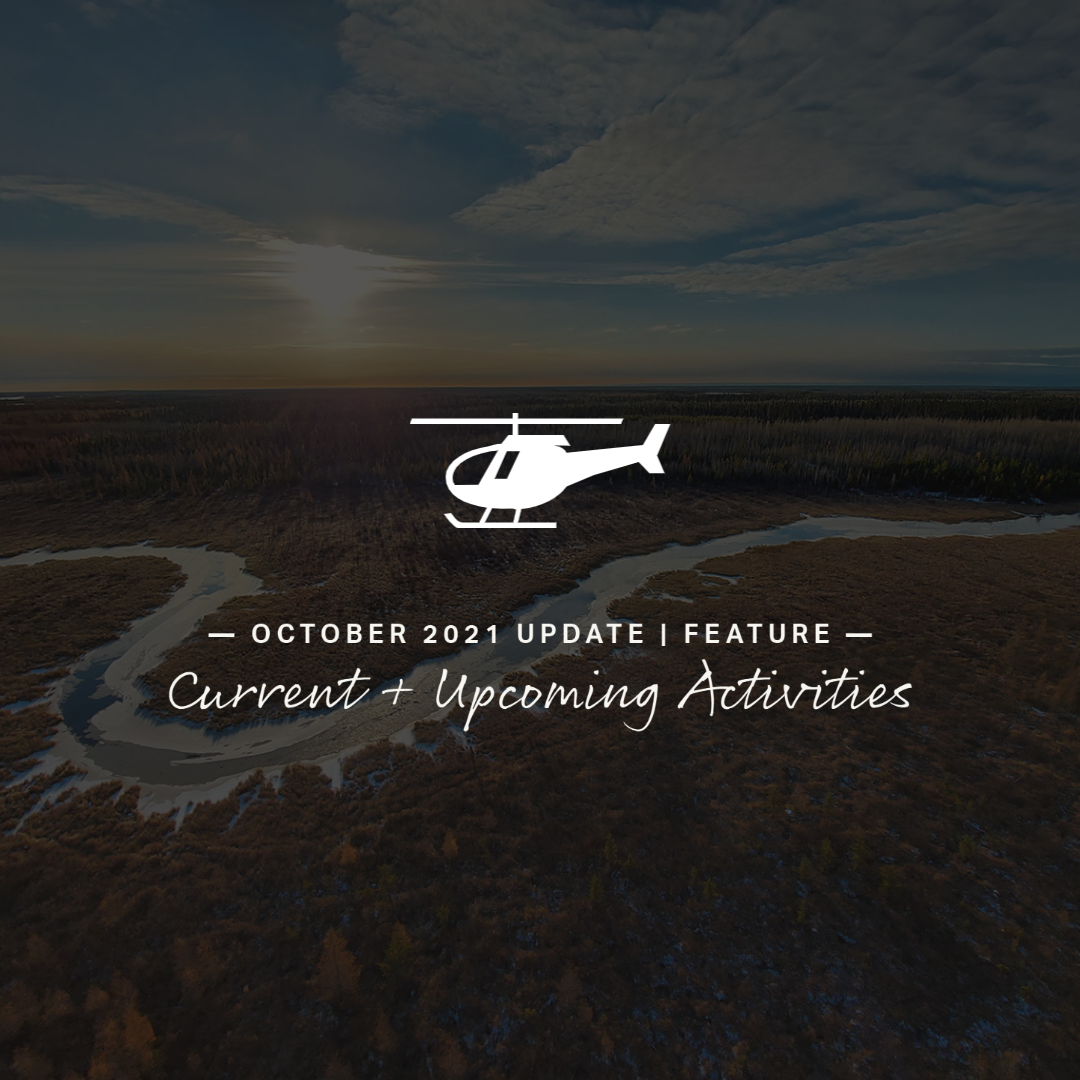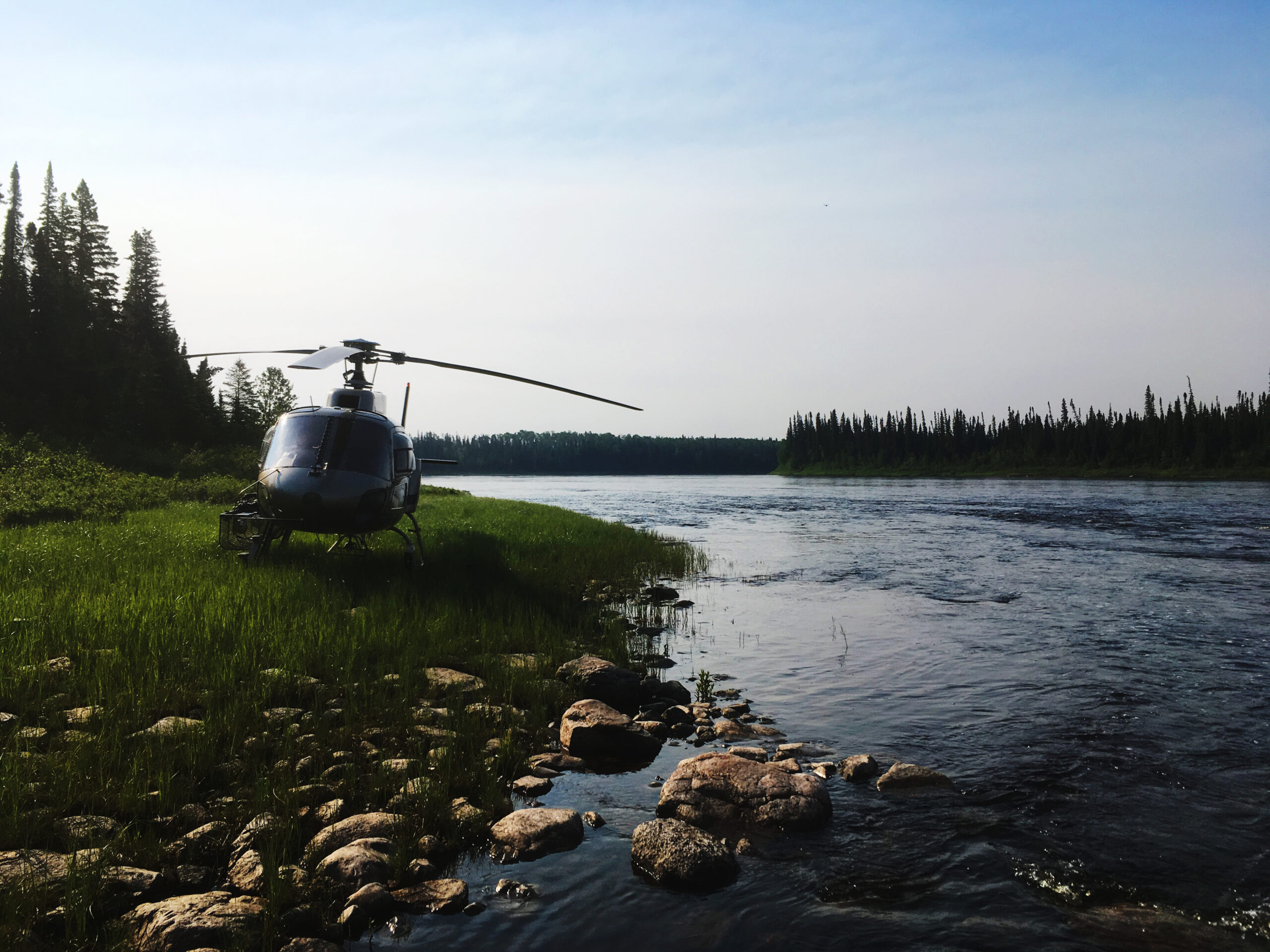
Welcome to the Marten Falls First Nation (MFFN) Community Access Road (CAR) October e-blast with updates on current and upcoming activities. In this e-blast you will learn about:
Environmental Assessment / Impact Assessment
Where we are in the provincial and federal processes.
Field Support Staff Experience
Hear from Lexi Baxter, an MFFN community member about his experience participating in September field programs.
Field Studies Update
Overview of recently completed and upcoming field studies
Valued Component Video
Watch the newly released videos about the ‘valued components’ we are studying for the Environmental Assessment and Impact Assessment.
Project Team Profile
Get to know Jennifer Bruin, the MFFN CAR Technical Advisor
.
Environmental Assessment / Impact Assessment
We are pleased to announce that the Ministry of the Environment, Conservation, and Parks (MECP) Minister Honourable David Piccini has approved the Terms of Reference with amendments on October 8, 2021. This means that the Community Access Road can move into the Environmental Assessment phase of the provincial Environmental Assessment process.
.
Field Support Staff Experience
Levi Baxter is a MFFN community member and participated in the Vegetation, Bat Acoustic Recording Unit Pickup and Caribou Mortality Investigation field program in September. Levi spoke with us about his experience on the field program:
“The work we did for this program was divided into 3 tasks: checking vegetation in multiple locations, finding and picking up bat detectors previously placed a year ago, and investigating a caribou. I was given the opportunity to learn multiple new skills and gain knowledge during the program. Knowledge about plants, trees, soil, and skills for figuring out how to extract soil or tell the difference between similar plants and moss. I learned about bat detectors, observed experts investigate caribou corpses, how to conduct a ground depth probe check, and how to use a GPS and communications device.
The best part for me was the caribou mortality investigation because it was my first time doing one. It was fascinating trying to figure out what was the cause of death and seeing the skeletal frame of the animal.”
Levi will be back in the field soon when he joins field crews for the upcoming Remote Camera Check field program in November.
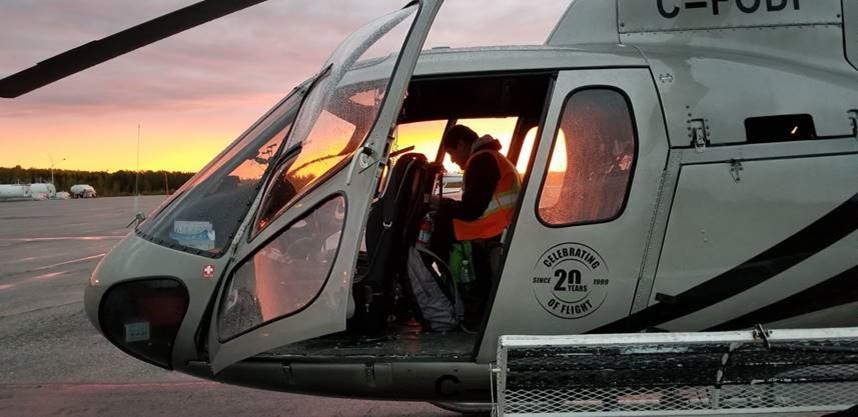
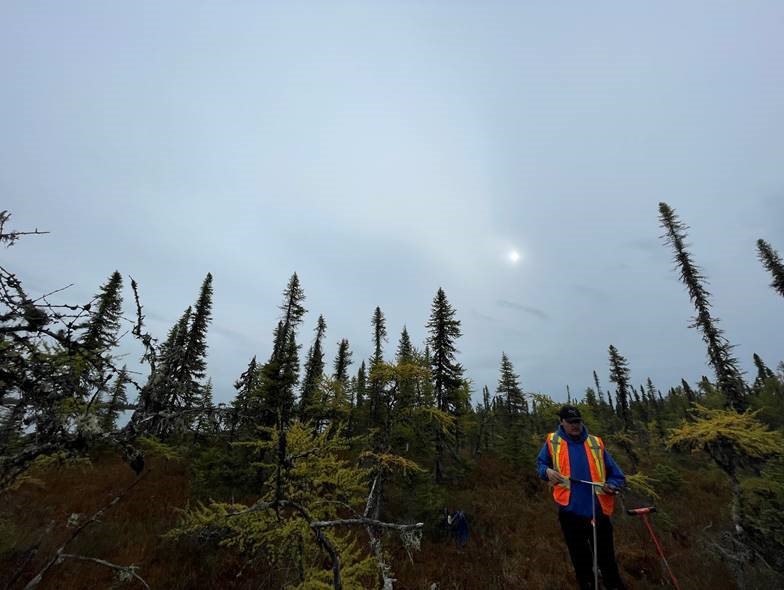
.
Field Studies Update
Field Studies Update
Remote Camera Check
The dates for the Remote Camera Check field program have been updated. The field program is currently taking place from October 30 – November 7. The original dates were November 1 – 6 but the dates have been extended so the field crew can conduct aerial surveys in the area for future field programs. The initial field notice is available here on our website. Crews will be joined by two MFFN community member Field Study Support Staff. During this program crews will also conduct reconnaissance for the upcoming Wolverine Hair Snag Surveys. You may notice helicopters in the Study Area.
Recently Completed Field Studies
Vegetation, Bat Acoustic Recording Unit Pickup and Caribou Mortality Investigation Program
The Vegetation, Bat Acoustic Recording Unit Pickup and Caribou Mortality Investigation field program took place between September 18 and September 29, 2021. The field crew was joined by two Field Study Support Staff from MFFN. The field crew completed a total of 122 vegetation surveys, which included 24 ground-based surveys and 98 visual surveys from the helicopter. For both surveys, the purpose was to determine the plant community classification, identify wildlife habitat and collect information about the plants found at each site. The Bat Acoustic Recording Units were collected from all 17 stations and the data will be analyzed to determine what bat activity was recorded at each station. The crew observed a stand of black ash (agimagwatik) along the banks of the Ogoki River, which is listed as Endangered by the Committee on the Status of Species at Risk in Ontario.
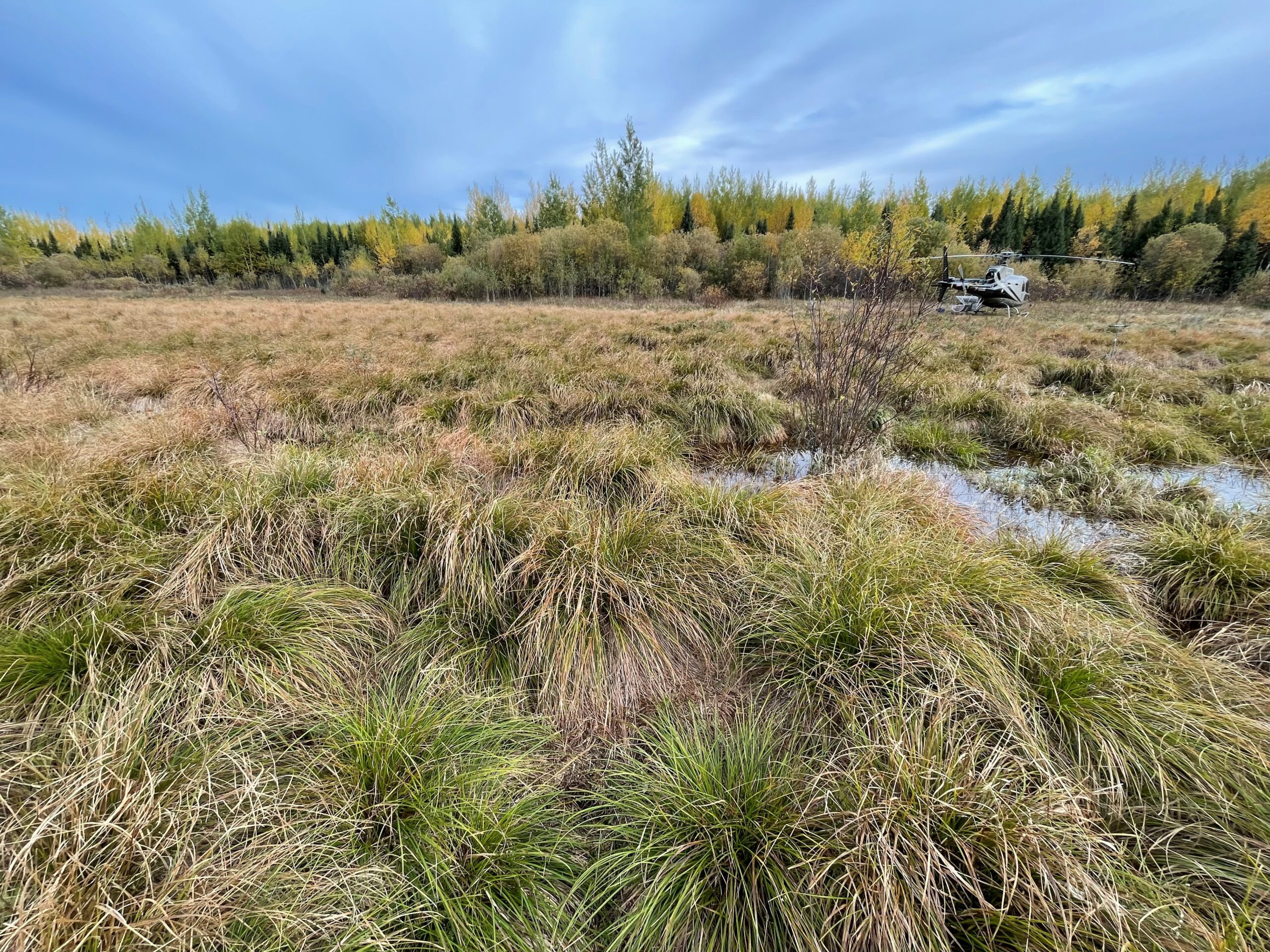
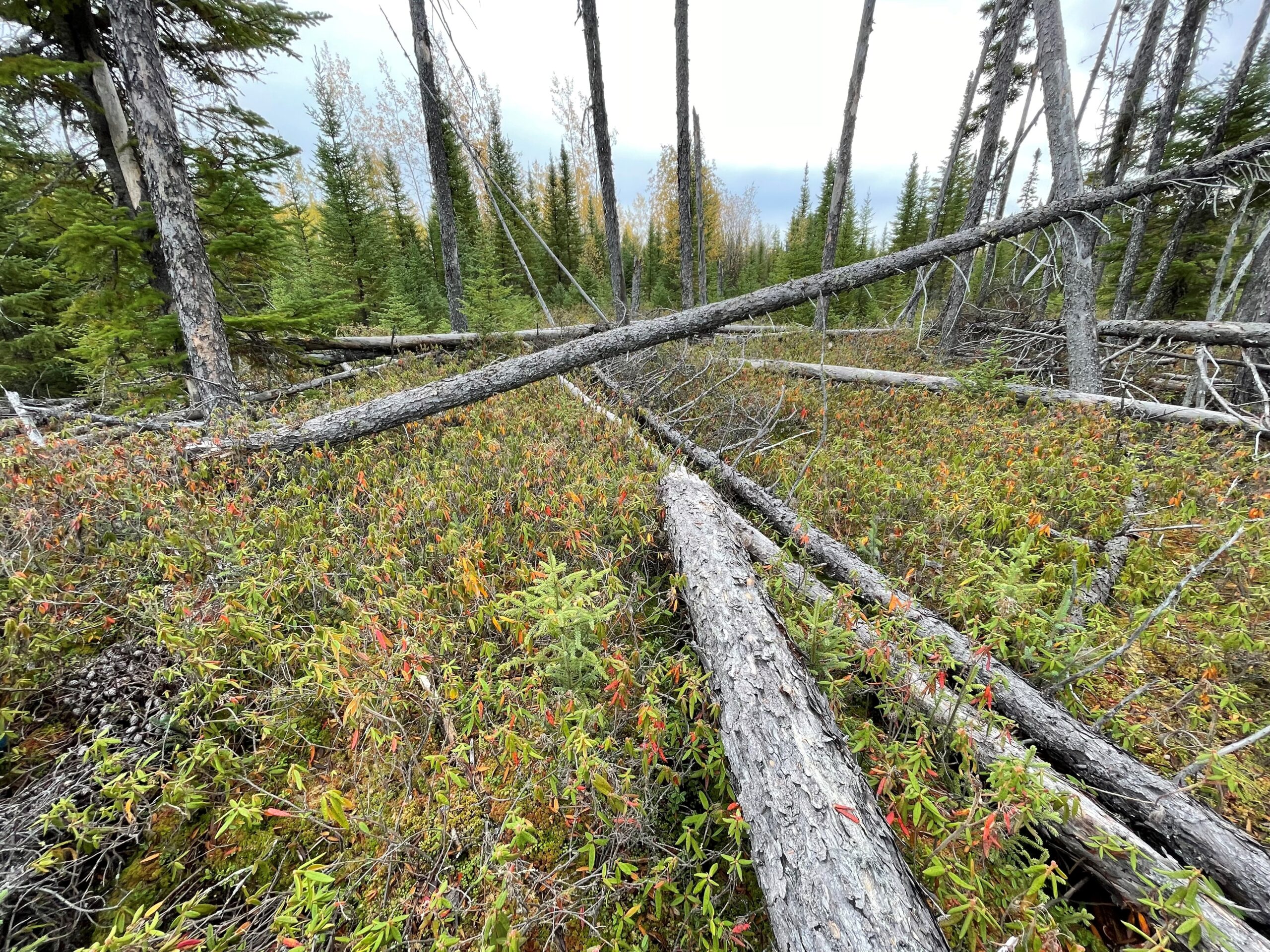
Upcoming Field Studies
To help us understand the current conditions (quality and quantity) of the environment along the proposed alternative routes, scientific field studies will continue to be taking place for aquatic and terrestrial environments and wildlife. The information we collect through these studies will be strengthened by the Indigenous Knowledge shared with us by MFFN and neighbouring Indigenous communities through the Indigenous Knowledge Program.
Program-specific Discussion Guides have been distributed to Indigenous community representatives with information about what the program is, why it’s important to the Community Access Road and asking for specific input. These guides are distributed ahead of field programs.
Below is a high-level overview of upcoming field study programs for 2021 and their approximate timelines*:
Ungulate Remote Camera Check (October 30 – November 7): Crews will inspect, replace batteries and memory cards in remote cameras installed in June 2021. Cameras will capture images of animals like moose (moozoog), caribou (atigwag) and bears (makwa’ang).
Air Quality Monitoring Maintenance (November): The air monitoring device in MFFN will undergo routine maintenance.
Groundwater and Geochemistry (TBD): Installation of monitoring wells so that we can assess groundwater fluctuations, seasonal changes in water quality and develop an understanding of current conditions.
*Timelines and programs are approximate and may shift; we will provide updates as required.
.
Valued Component Videos
We are continuing to develop videos to showcase the valued components we are studying as part of the Environmental Assessment and Impact Assessment. Our latest video on Ungulates (hooved animals such as moose [moozoog] and caribou [atigwag]) is now live – click here to see the multimedia showcase! New videos will continue to be added every couple of weeks; we will continue to provide monthly updates about which videos are available for viewing. We are currently working on videos for a few of our upcoming field programs, this includes Climate Change, Furbearers (such as wolverines [Wishkobishag / wiingwa’waakeg] and martens [Wabizheshihwag / wabashtanang]), Atmospheric Environment and Greenhouse Gases, and Birds!
.
Project Team Profile
Jennifer Bruin, B.A. Env., MCIP, RPP, EP, PMP, MBA
Principal, J. Bruin Associates Inc.
Technical Advisor
Jennifer Bruin is a sustainable development leader and strategist with over 20 years of experience working within project management, engineering consulting and environmental assessment. Jennifer has worked on projects ranging from transportation to land development and has been involved in all phases of project planning and operations in projects in Canada and the United States.
Jennifer is currently serving as Technical Advisor on the Marten Falls First Nation Community Access Road Project. In her role she oversees all aspects of the federal-provincial coordinated Environmental Assessment process, including the review of environmental process and project deliverables.
She is honored to be working on this important community-led project that is setting a precedent for its inclusion of Indigenous Knowledge within decision making process and scientific data collection for the natural environment.

